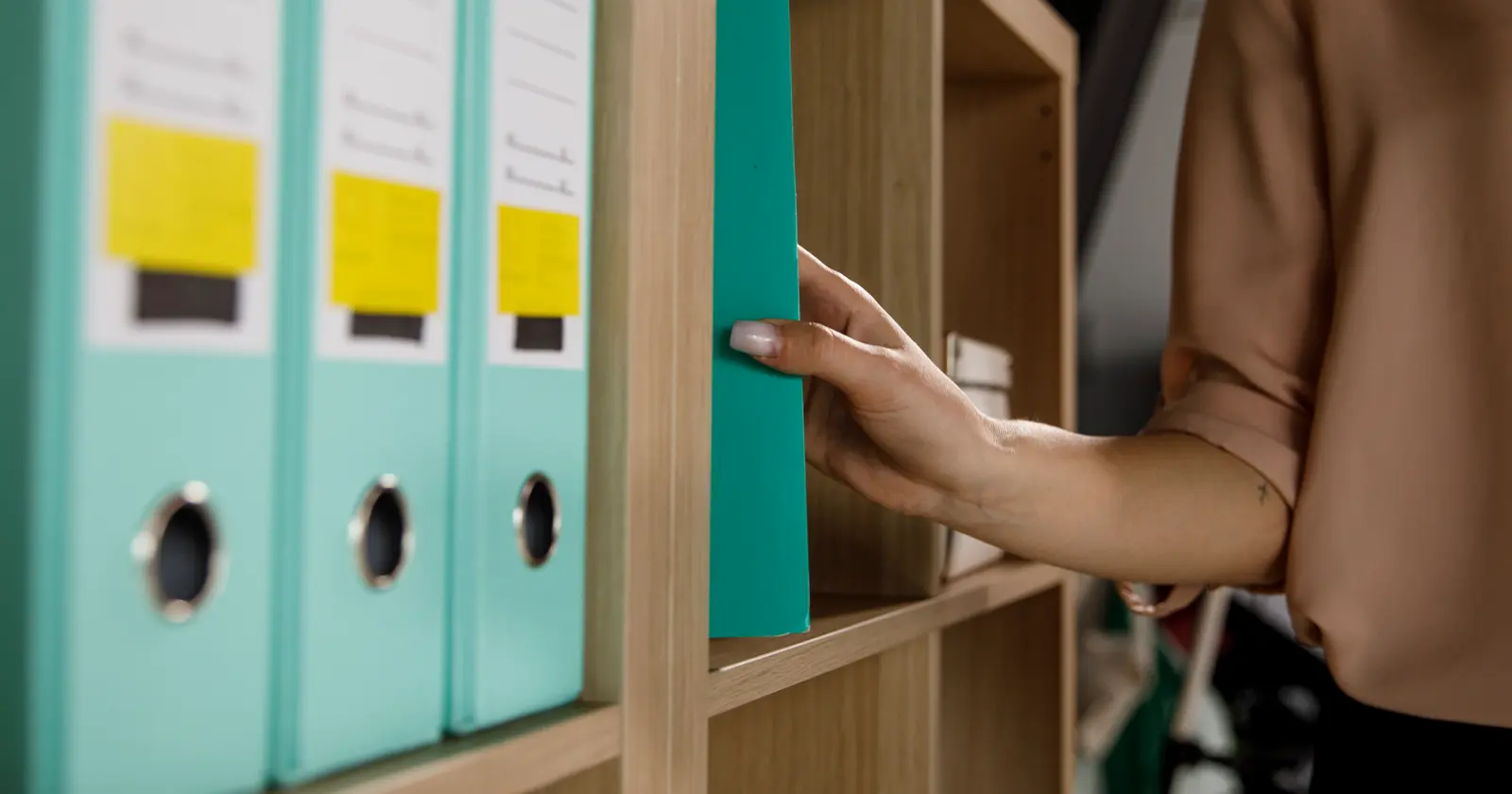The Path profiles people working in what we think of as "dream jobs," living their best professional life, and looks at the people and practices that helped get them there. We talk to these amazing folks about how goal setting, great leadership, tough decisions, and other key moments helped them get to where they are now. And, because so many career paths are inherently winding, we take a look at how to handle unexpected experiences along the way.
These days, it’s hard to find someone who doesn’t have a Netflix account. What began as a humble DVD-delivery service in 1997 has mushroomed to dominate the entertainment industry. Today, the company's bread and butter is its subscription-based online streaming service of movies and TV shows, several of which are produced in-house. As of April 2020, Netflix had over 182 million paid subscriptions worldwide, and the company has increasingly received nominations and wins at the Academy Awards and other prestigious award shows and festivals, establishing itself as a key player in the film and television space.
Netflix’s success is owed, in large part, to its team and culture, something that Cherliza Jimenez knows all about. As a Senior HR Generalist, Cherliza focuses on project management, operational innovation, and driving partnership to simplify the employee experience. Here, Cherliza opens up about her career journey and time at Netflix, how she approaches difficult conversations with her team, and what it looks like to pivot company culture in a time of great widespread change.
Tell us a bit about your career journey so far.
I’m originally from New York and stayed local to study theater at Marymount Manhattan College for undergrad. While at school I became involved with the non-profit, Invisible Children, which used filmmaking to bring awareness and action to the LRA conflict in Central and Eastern Africa. Shortly after graduating, I moved out to San Diego to work for IC. After a few years there, I decided it was time to really give professional theater a try, so I moved back to New York. I dove right into headshots, classes, and found a flexible job that would pay the bills without getting in the way of auditions. That job was at Warby Parker as a showroom coordinator before they launched into brick and mortar locations. The atmosphere at Warby was electric, fun, and full of potential for growth so when the opportunity to join their first Retail recruiting team came up, I jumped at the chance. It was my first experience in HR and recruiting. In 2016 I moved to California to explore new opportunities in HR, which led me to Netflix.
How did you end up getting hired for the position you’re currently in?
When I began looking for opportunities based in California, Netflix was at the top of my list. I was familiar with the culture memo and had resonated with their approach to HR. I didn’t have any connections in my network, so applied directly through the job site. My interview process took a few weeks and offered me really great insight into the role, the culture, and people at Netflix. I was elated to join the recruiting team in San Francisco. Later on, I would transfer to our Employee Services Generalist Team. My role as a Senior HR Generalist focuses on project management, operational innovation, and driving partnership to simplify the complex for our employee experience.
What do you love most about your job?
There are many aspects of my job that I love because it leverages my strength while still developing my skills. In my current role, I really enjoy innovating people-focused solutions, leading with empathy in project design, and removing distractions so people can do their best work. I find deep meaning in helping others and playing a role in the wellbeing at work. Not to mention, I get to work with stunning colleagues who keep me sharp and help me grow.
What are some daily habits you absolutely make sure to schedule into your day?
I am definitely a creature of habit so having daily routines helps me feel grounded. Mornings typically have a form of meditation and stretches to start the day. Since working from home, I’ve tried to alternate sitting and standing with a laptop stand. I still find myself eating lunch at 11:30 am which was my office lunchtime and it’s a nice little reminder of life before the pandemic.
Tell me about someone who’s made a significant impact on your career trajectory — whether that’s a mentor, a manager, or someone else crucial to your success.
Every leader in my career has contributed in some way to my overall success. One that stands out is my current leader. She has taught me to pursue progress rather than perfection, created acceptance for radical vulnerability at work, and championed my successes while standing by me through my failures. That level of psychological safety has been crucial in my personal growth through work.
What’s been the biggest learning lesson in your career so far?
I’ve worked in theater, nonprofits, and HR, and the biggest thing my work has taught me is to not base my identity or value on my work. It has been a hard lesson learned but creates freedom for me to take risks, play, stay curious, and practice self-kindness when I want to change directions. It is so special to find work that gives you purpose and meaning but your life is not less valuable if your work is just work.
What do you think makes a good leader?
The leaders I admire most lead with a balance of IQ and EQ (intelligence quotient and emotional quotient). They don’t use their knowledge to minimize but rather to uplift. They are willing to be vulnerable about their hard days, tough decisions, and mistakes. In turn, giving others permission to do the same.
How do you approach difficult conversations with your team and other colleagues?
I try to lead from a place of curiosity, seeking to understand, and being clear on what I would like to walk away with from the conservation. The most difficult conversations for me are always around personal loss, like the death of a loved one. I often operate from a place of self-sufficiency and sometimes find it hard to ask for space or support. But every time I have leaned in with vulnerability my team has met me with tremendous compassion.
Work culture looks completely different than it did even a month ago, how are you adjusting?
Working from home has definitely shifted some of my work habits and it's important to have reminders to drink water, talk a walk, and stop working at some point. I miss the dynamic feeling of a day in an office so I try to add reminders on my calendar to get up and stretch, walk around, or sit outside on my patio for fresh air. I’m looking forward to taking some time off later this summer to rest and reset, even if it is a stay-cation.
Today, industries and culture are evolving more rapidly than ever in the wake of the COVID-19 pandemic. Has your personal relationship to work changed? If so, how?
I’m a part of a generation that oftentimes is looking for the next best thing, and I think this time has simply made me present. That sense of presence has been grounding and fostered appreciation for having work, having work I love, and having work that allows me to extend generosity toward others. It's been humbling and I’m grateful.
Has your company culture pivoted or changed?
One of the things I feel most passionate about at Netflix is our cultural values, which are always evolving. During this season, it is our cultural values—like people over process, judgment, or communication—that helped us navigate the transition to working from home. We have a value of freedom and responsibility, but during this time it's been valuable to couple that with communication to ensure folks feel a true sense of permission to lean into self-care, family care, and mental health.
What do you think managers and leaders need to be doing to create better workplaces as we move forward from this moment?
Slow down, hold space to listen, and lead by example. We all may be in the same storm, but on different boats. So create space for your teams to let you know what they need to be successful and effective at work. And if you want to encourage them to take time off or practice self-care, then start by setting the example.
What advice would you give to your younger self?
She wouldn’t know it then, but we’d fall in love with cosmos eventually. So I think I’d tell her, “Look up at the moon, and realize the darkness can hold so much wonder. You're stardust, baby!”








